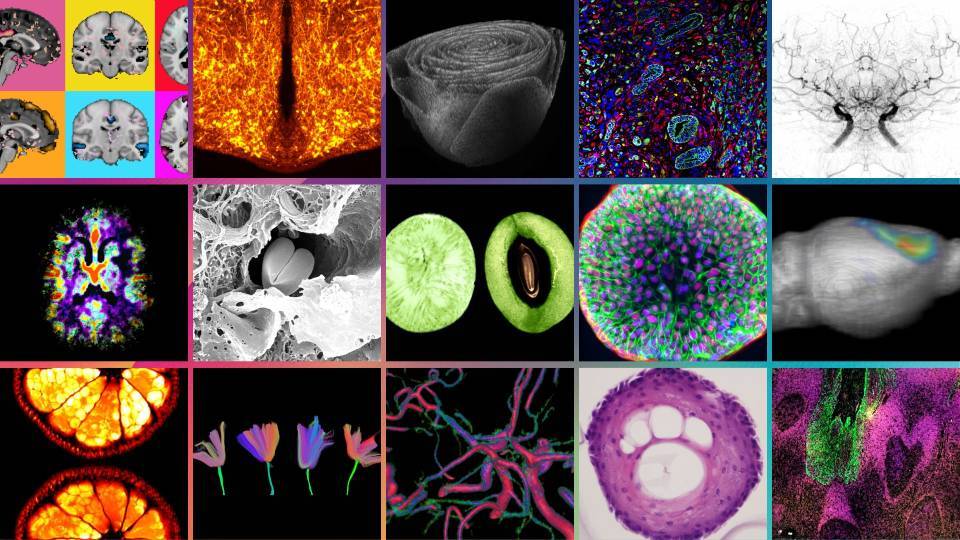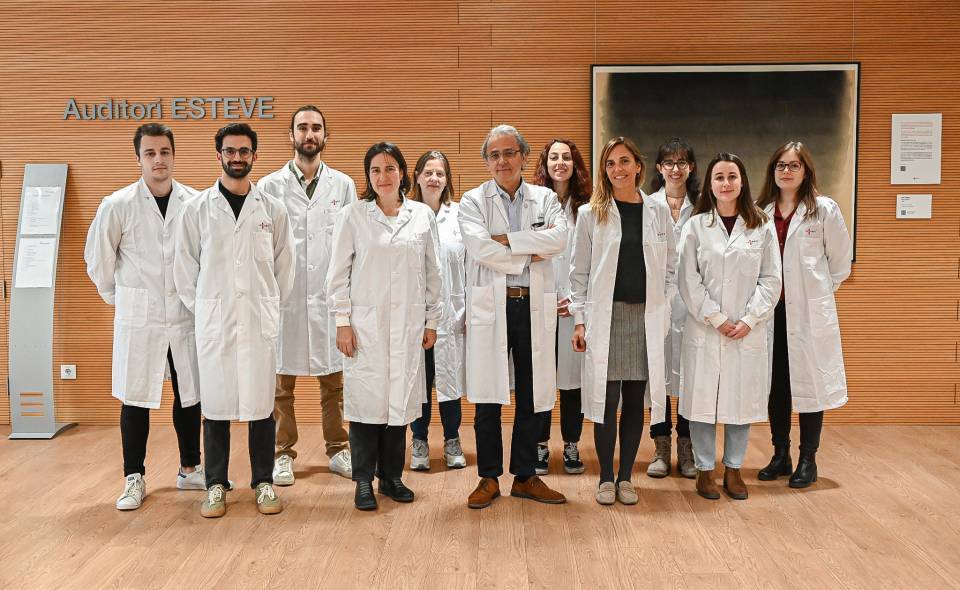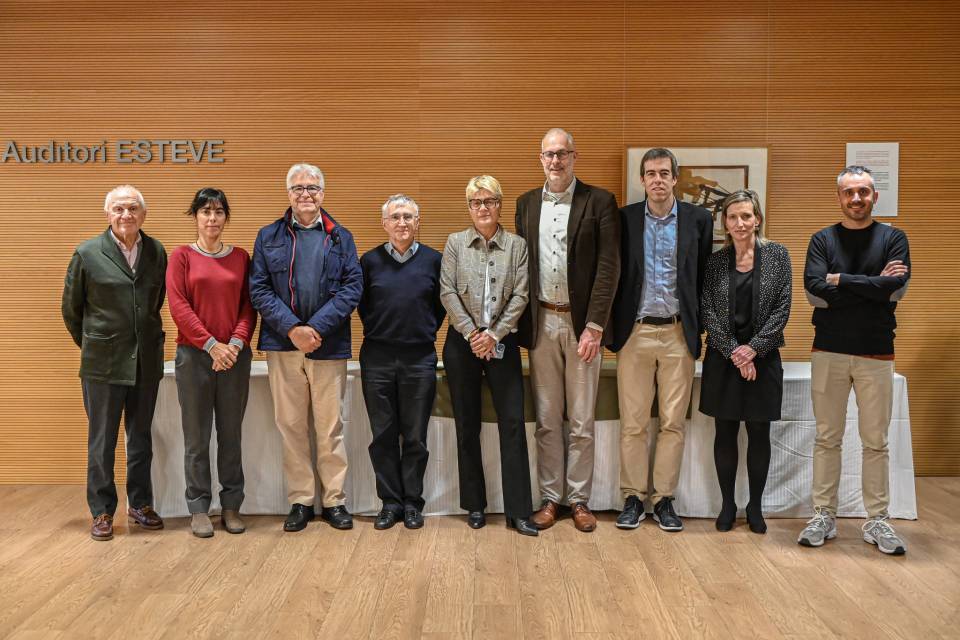COVID-19 patients who have not produced antibodies for the SARS-CoV-2 S protein on admission to the ICU or who produce them in small quantities, may have up to a 7-fold higher probability of dying in the first 30 days after admission. Furthermore, this deficit in antibody production is also associated with the entry of antigens and viral genetic material into the blood (viremia), which also results in a higher risk of death.
These are the findings of a study published in the Journal of Internal Medicine, the result of work carried out by the researchers of the Respiratory Diseases CIBER (CIBERES)-UCI-COVID, with the participation of IDIBAPS, and funded by the Carlos III Institute of Health, through the COVID-19 Fund.
“Anti-S antibodies are, therefore, fundamental in controlling the replication of SARS-CoV-2 in critical COVID-19 patients”, said Antoni Torres, CIBERES-UCI-COVID principal investigator and leader of the applied research group on respiratory infections and critical patients at IDIBAPS and pulmonologist at Hospital Clínic, Barcelona. As noted by José María Eiros, member of the CIBERES research team, the study also shows that the presence of viral material in the blood is a marker of poor outcome.
A multidisciplinary study
This study is one of the largest studies carried out to date that analyzes anti-SARS-CoV-2 antibodies in critical COVID-19 patients. In a sample of 92 patients, the study found that 40% of critical patients with COVID-19 present insufficient levels of IgG anti-S antibodies on admission to the ICU, while up to 13% show complete absence of these antibodies.
“Quantification of anti-S antibodies may help to identify which patients will benefit from treatment with monoclonal antibodies targeted at this protein. Moreover, our findings highlight the special importance of vaccination to protect those who, when infected with the natural virus, are not able to produce antibodies”, explained the immunologists Jesús Bermejo and David Kelvin, researchers of the CIBERES-UCI-COVID project and of Dalhousie University (Canada), respectively.
This research analyzed antibodies, viral RNA load, and antigenemia (presence of virus antigens in the blood) in samples preserved from the first wave of the pandemic. The authors are now working to validate these results with samples from patients infected in subsequent waves of the epidemic.
The findings of this study throw up different interesting options for further studies. Measuring levels of anti-SARS-CoV-2 antibodies after admission to the ICU may contribute to personalizing treatment with exogenic antibodies targeted at the virus’ S protein. Moreover, quantifying the viral RNA load in plasma would be of use in identifying which patients with COVID-19 are at a higher risk of death. And profiling antigenemia (antigen detection) would help with early identification of those with a worse prognosis.
Carrying out this study required the work of a multidisciplinary team that involved the IBSAL BioSepsis research group in collaboration with Río Hortega University Hospital, Valladolid, Spain, the Viral Infection and Immunity Department of the National Microbiology Center, and different ICUs around the country who take part in the CIBERES-UCI-COVID project, as pointed out by the director of CIBERES, Ferran Barbé. The researchers of the National Microbiology Center responsible for developing the antibody quantification test, María Martín Vicente, Isidoro Martínez, Vicente Mas, and Salvador Resino, highlight the importance of providing support to translational research on COVID-19 to improve the care of critical COVID-19 patients.
Article reference:
María Martin-Vicente, Raquel Almansa, Isidoro Martínez, Ana P. Tedim, Elena Bustamante, Luis Tamayo, César Aldecoa, José Manuel Gómez, Gloria Renedo, Jose Ángel Berezo, Jamil Antonio Cedeño, Nuria Mamolar, Pablo García Olivares, Rubén Herrán-Monge, Ramón Cicuendez, Pedro Enríquez, Alicia Ortega, Noelia Jorge, Cristina Doncel, Amanda de la Fuente, Juan Bustamante-Munguira, María José Muñoz-Gómez, Milagros González-Rivera, Carolina Puertas, Vicente Más, Mónica Vázquez, Felipe Pérez-García, Jesús Rico-Feijoo, Silvia Martín, Anna Motos, Laia Fernandez-Barat, Jose María Eiros, Marta Dominguez-Gil, Ricard Ferrer, Ferrán Barbé, Wysali Trapiello, David J. Kelvin, Jesús F. Bermejo-Martin, Salvador Resino & Antoni Torres. Low anti-SARS-CoV-2 S antibody levels predict increased mortality and dissemination of viral components in the blood of critical COVID-19 patients. doi: 10.1111/joim.13386.




